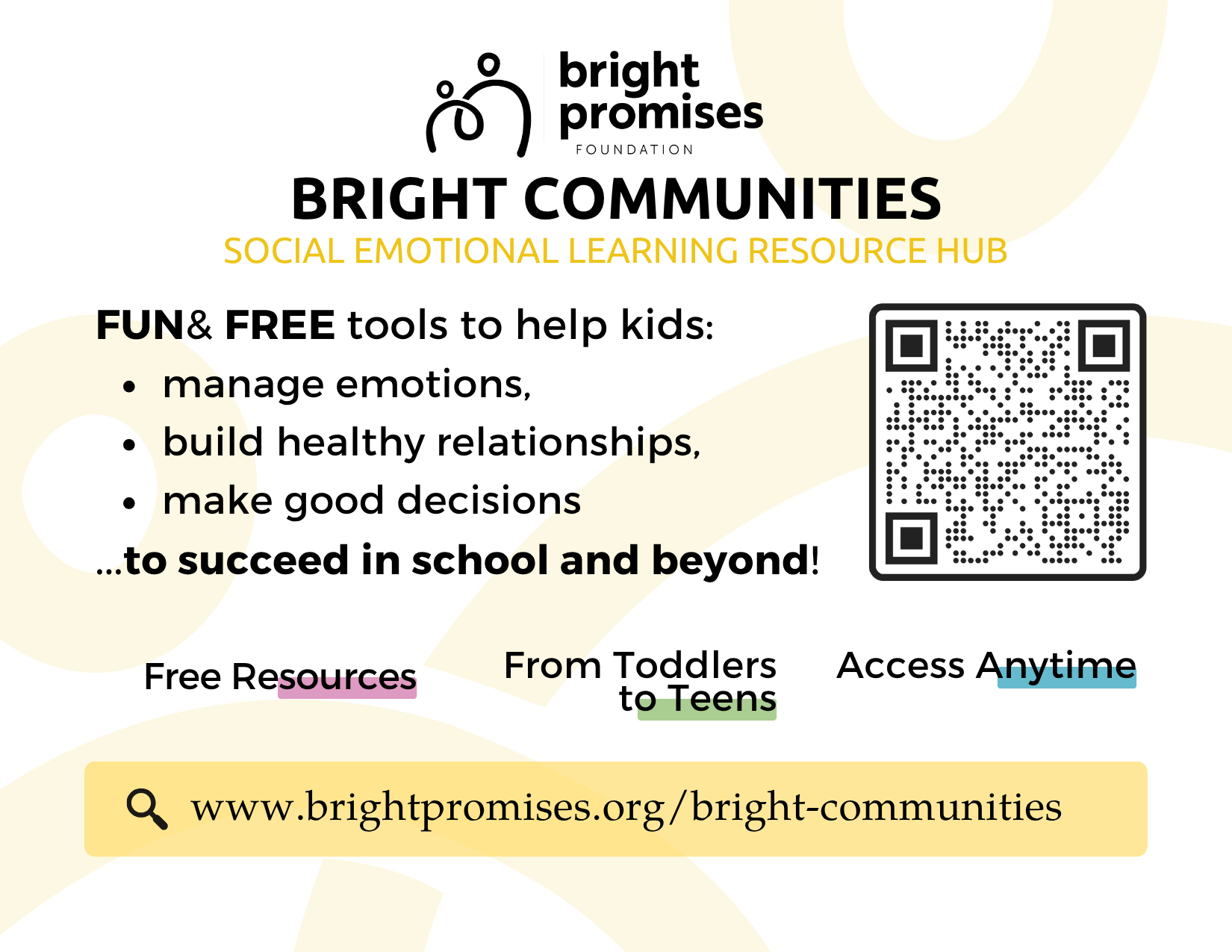Fathers and Fatherhood: Building Strong Families and Communities
Committed, responsible fathers are an integral part of their families, but often go unconsidered when policy and services are enacted. For nonprofits, there is a greater movement to engage fathers and support responsible fatherhood as integral to building thriving,resilient families and communities.
On November 20, Ed Davies, Bright Promises Foundation Board Director and Chair of the Bright Promises Program and Advocacy Committee, will present as part of a dynamic conversation on how agencies and grantmakers are changing their structures and stories to be inclusive of the entire family.
Agencies are re-imagining their services and shifting the narratives of their work to be inclusive of fatherhood. Participants will hear from research experts and their nonprofit colleagues on the ground about this shift, and are welcome to contribute their stories of how the nonprofit and foundation sectors need to shift norms and practices to elevate both mothers and fathers as positive influences in their children’s lives.
The panelists, who also include Agnes Meneses,Chicago Foundation for Women; David Flynn and Emily Prisuta,Apna Ghar; and Nucha Isarowong, Ph.D,Erikson Institute with Kandace Thomas,Irving Harris Foundation as moderator, will also explore how such change contributes to the prosperity, health, and well-being of families and communities.
Presented through the lens of direct service agencies, the session aims to:
- Illustrate how agencies working to address poverty, reduce violence, and improve children’s health and well-being strengthen their impact by integrating fatherhood into their work.
- Demonstrate that integrating fatherhood into our work is connected to social justice, racial, economic, and gender equity.
- Build the nonprofit and foundation sectors’ knowledge for the need to shift norms and practices to elevate both mothers and fathers as positive influences in their children’s lives.
- Address negative stereotypes that isolate and ignore assets of fathers, placing greater burdens on mothers, children, and communities.
For more information, including details on how to attend, visit myforefront.org
Committed, responsible fathers are an integral part of their families, but often go unconsidered when policy and services are enacted. For nonprofits, there is a greater movement to engage fathers and support responsible fatherhood as integral to building thriving,resilient families and communities.
On November 20, Ed Davies, Bright Promises Foundation Board Director and Chair of the Bright Promises Program and Advocacy Committee, will present as part of a dynamic conversation on how agencies and grantmakers are changing their structures and stories to be inclusive of the entire family.
Agencies are re-imagining their services and shifting the narratives of their work to be inclusive of fatherhood. Participants will hear from research experts and their nonprofit colleagues on the ground about this shift, and are welcome to contribute their stories of how the nonprofit and foundation sectors need to shift norms and practices to elevate both mothers and fathers as positive influences in their children’s lives.
The panelists, who also include Agnes Meneses,Chicago Foundation for Women; David Flynn and Emily Prisuta,Apna Ghar; and Nucha Isarowong, Ph.D,Erikson Institute with Kandace Thomas,Irving Harris Foundation as moderator, will also explore how such change contributes to the prosperity, health, and well-being of families and communities.
Presented through the lens of direct service agencies, the session aims to:
- Illustrate how agencies working to address poverty, reduce violence, and improve children’s health and well-being strengthen their impact by integrating fatherhood into their work.
- Demonstrate that integrating fatherhood into our work is connected to social justice, racial, economic, and gender equity.
- Build the nonprofit and foundation sectors’ knowledge for the need to shift norms and practices to elevate both mothers and fathers as positive influences in their children’s lives.
- Address negative stereotypes that isolate and ignore assets of fathers, placing greater burdens on mothers, children, and communities.
For more information, including details on how to attend, visit myforefront.org








.svg)

